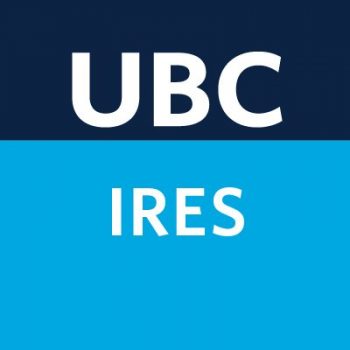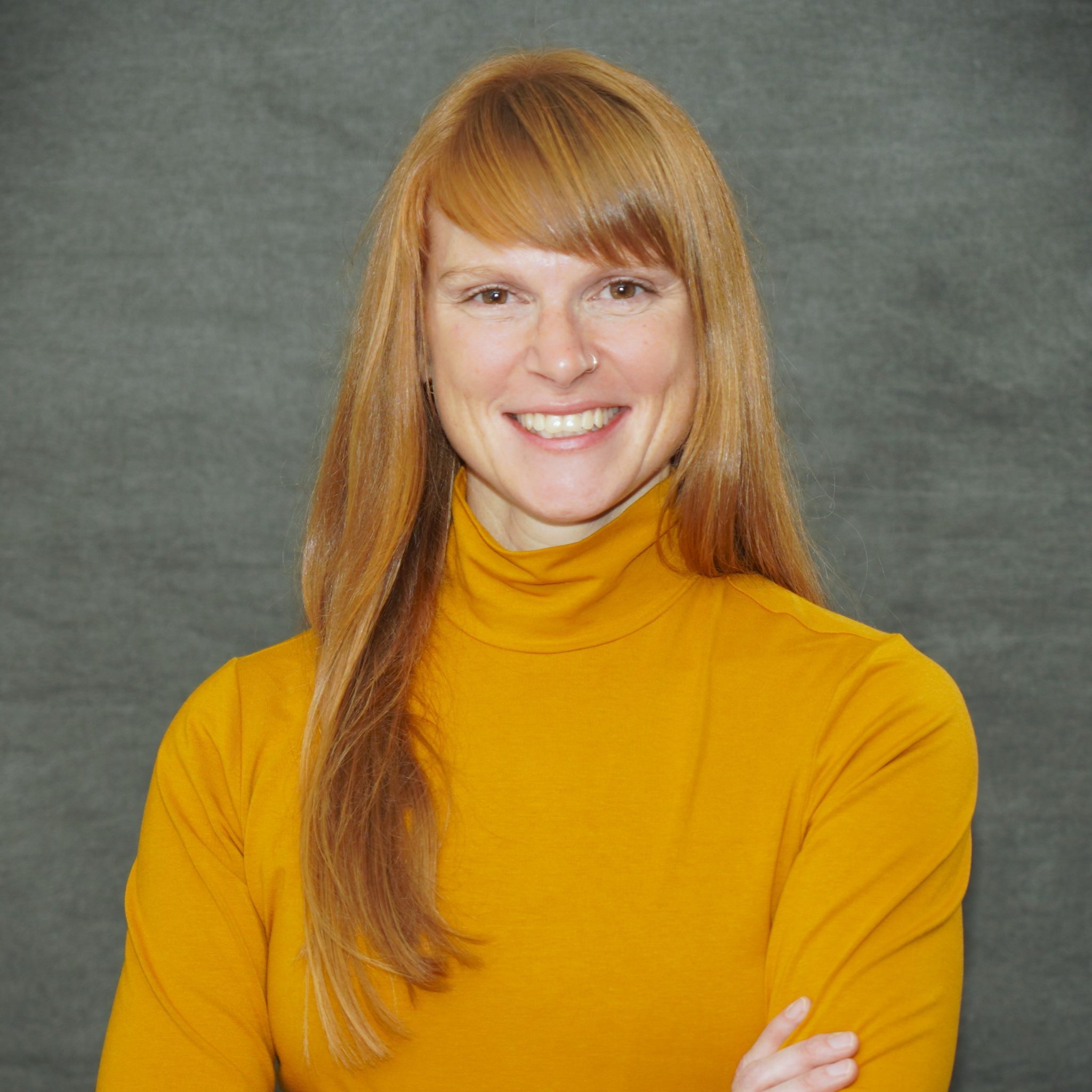This IRES Seminar is co-sponsored with IBioS (Interdisciplinary Biodiversity Solutions Collaboratory).
Understanding biodiversity and ecosystem services across urban landscapes
Time: 12:30pm to 1:30pm
Location: Henry Angus Building, Room 347 (third floor, 2053 Main Mall)
No food and no drinks allowed in Henry Angus Room 347.
View Recording
Talk summary:
Carly’s research is centered in the growing field of urban landscape ecology. With her students, she employs citizen science, environmental sensors, field observations, and social-science methodologies to explore how the landscape structure of our cities influences biodiversity, ecosystem services, and their interaction over space and time. Work in the lab spans multiple taxa (from trees to bees), and is done through interdisciplinary collaboration with diverse partners, including landowners, community groups, and local through federal governments. The talk will give a broad overview of the lab’s recent research, drawing on empirical work in Montreal and data synthesis across multiple Canadian cities.

Bio:
Dr. Carly Ziter is an associate professor of biology and University Research Chair in Urban Ecology and Sustainability at Concordia University (Montreal), where she is proud to lead the Ziter Urban Landscape Ecology Lab. Prior to this, she trained with a series of excellent mentors during a PhD at the University of Wisconsin-Madison, an MSc at McGill University, and a BSc at the University of Guelph. Carly believes strongly in science communication and knowledge co-production as an integral part of the scientific process, and is particularly proud to have won Concordia’s “research communicator of the year” award at the local, national, and international levels.






